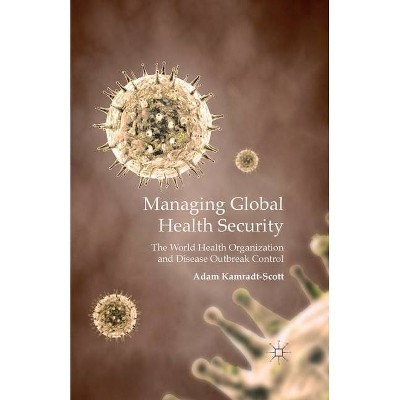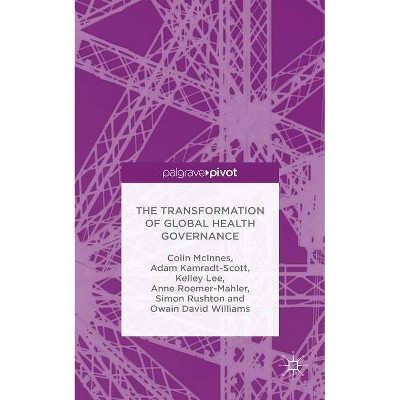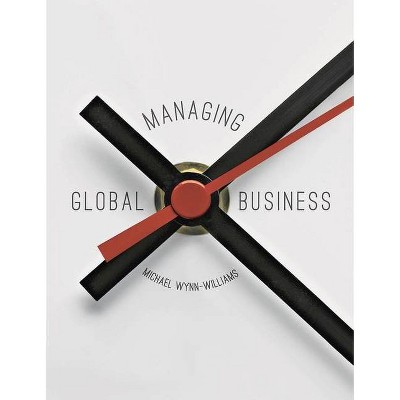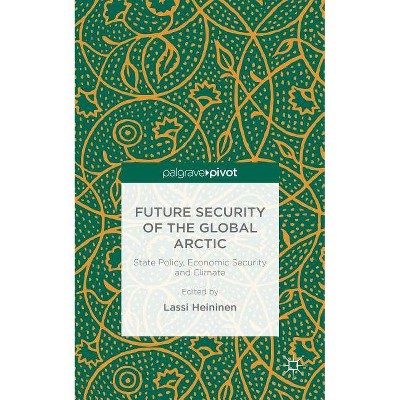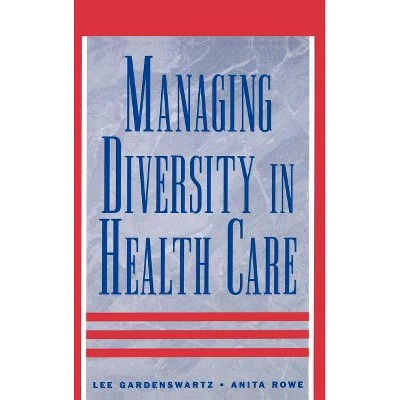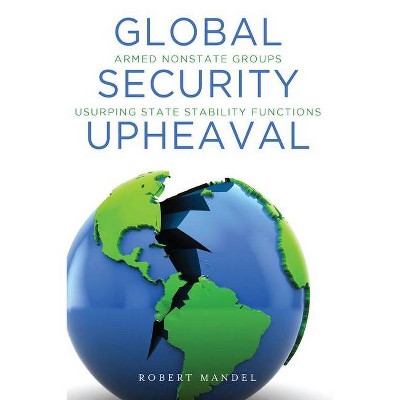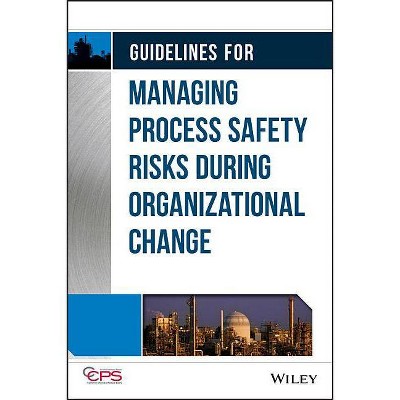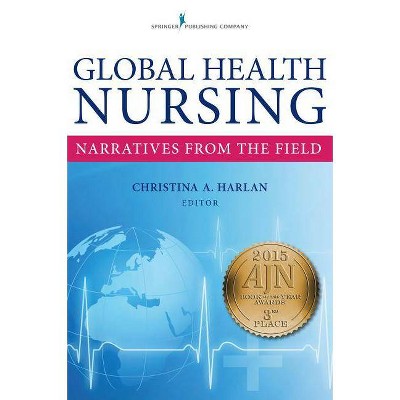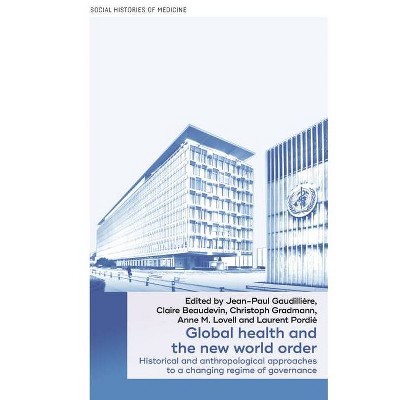Managing Global Health Security - by A Kamradt-Scott (Hardcover)
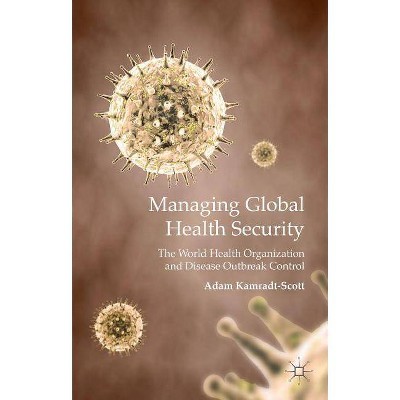
Similar Products
Products of same category from the store
AllProduct info
<p/><br></br><p><b> Book Synopsis </b></p></br></br>Drawing on insights from international organization and securitization theory, the author investigates the World Health Organization and how its approach to global health security has changed and adapted since its creation in 1948. He also examines the organization's prospects for managing global health security now and into the future.<br/><p/><br></br><p><b> Review Quotes </b></p></br></br><br><p>"This book investigates the extent to which the WHO has fulfilled its disease eradication mission and has utilised the health-as-security discourse to reframe its public health mandate. ... This book is highly recommended for those who are interested in the key role of the WHO in managing global health security." (Lai-Ha Chan, Australian Institute of International Affairs, July, 2016)</p><p>"Kamradt-Scott (Univ. of Sydney, Australia) carefully describes the history of the World Health Organization (WHO), reminding detractors that the agency's mission has remained steady across the decades and that it has, on the whole, performed its vital functions admirably. ... This informative, scholarly book will be of particular interest to those in public health and public policy programs. ... Summing Up: Highly recommended. Graduate students, researchers, faculty, professionals." (K. H. Jacobsen, Choice, Vol. 53 (5), January, 2016)</p>"This book will interest primarily academics working in international relations or public health. ... For those who are not in academia, but have an interest in international relations or just have basic questions like 'What is the WHO? What do they do?', this book is a well-written story describing real-life events and crises from malaria eradication in the 1950s to the 2014 ebola outbreak in West Africa." (Sabine Iva Franklin, Medicine, Conflict and Survival, Vol. 32 (3), 2016) </p><p><br/></p><br><p/><br></br><p><b> About the Author </b></p></br></br><p>Adam Kamradt-Scott is Senior Lecturer in International Security Studies at the Centre for International Security Studies, University of Sydney, Australia. He is also the Humanities Precinct Leader for the Marie Bashir Institute for Infectious Diseases and Biosecurity. Before joining academia, Adam previously worked as a health professional, political adviser, and government official.</p>
Price History
Price Archive shows prices from various stores, lets you see history and find the cheapest. There is no actual sale on the website. For all support, inquiry and suggestion messagescommunication@pricearchive.us
